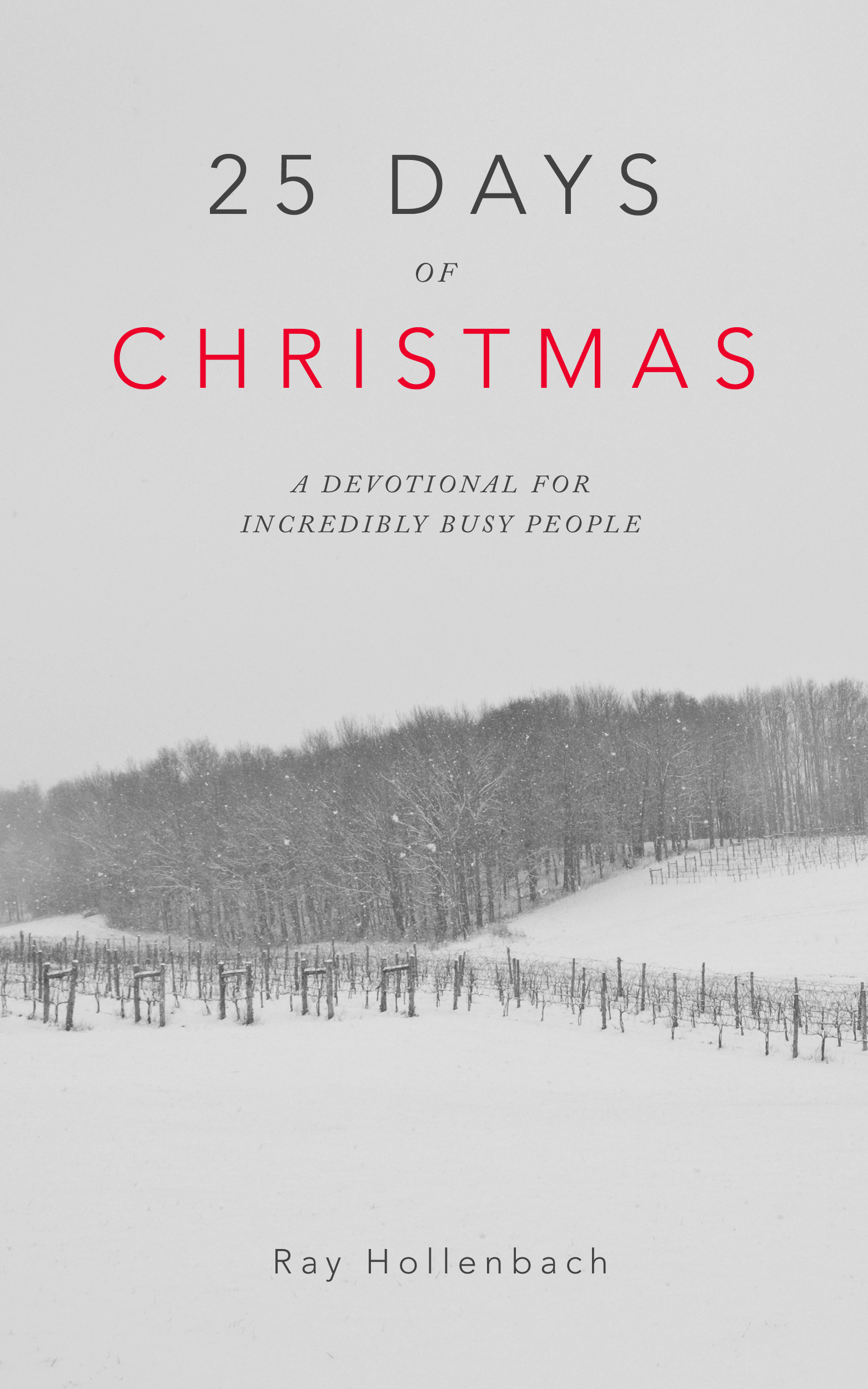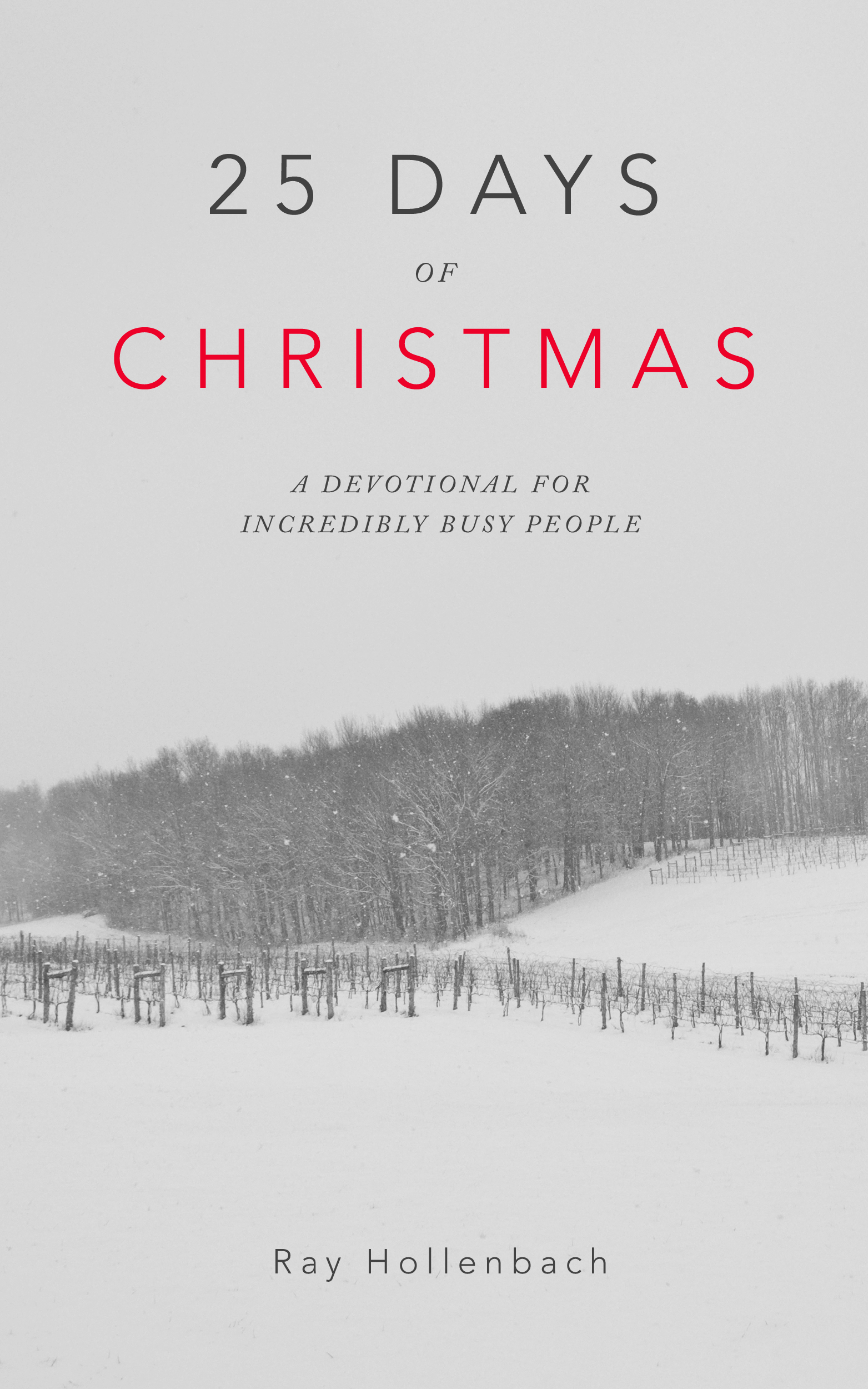 Joy,
Joy,  fruit of the Spirit,
fruit of the Spirit,  happiness
happiness  Monday, December 3, 2012 at 10:07AM
Monday, December 3, 2012 at 10:07AM  When the Preacher, who confined himself to matters under the sun, intoned, “with much wisdom comes much sorrow; the more knowledge, the more grief,” he forever linked the idea that serious people were sad because disillusionment is the only choice of the enlightened. Camus, Satre, Voltaire (anyone from France, really) and most great thinkers have fallen in line with the fallen king of Israel. The wisdom of the wise is to expect disappointment, anticipate disaster, and gainsay anyone who prefers sunrise to sunset.
When the Preacher, who confined himself to matters under the sun, intoned, “with much wisdom comes much sorrow; the more knowledge, the more grief,” he forever linked the idea that serious people were sad because disillusionment is the only choice of the enlightened. Camus, Satre, Voltaire (anyone from France, really) and most great thinkers have fallen in line with the fallen king of Israel. The wisdom of the wise is to expect disappointment, anticipate disaster, and gainsay anyone who prefers sunrise to sunset.
The worldly-wise require a dreary realism for club membership. The doorman greets the cynic, but keeps the hopeful behind the velvet rope. Happy people are hopeless, they say: hopelessly idealistic and hopelessly romantic.
In fact, the exact opposite is true: happy people are the hope-filled, the joy saturated, the ones so full of the Spirit he oozes out of them. The surprising testimony of the scripture, and the Lord of the scripture, is that history has a destination of unspeakable joy.
Even when we look cold-hard at the suffering of a desperate world, we can see the text of God super-imposed on the landscape, written with a feather-touch: “the sufferings of this present time are not worthy to be compared with the glory that is to be revealed to us.” This week I invite you to meditate with me on the fruit of the Spirit, those nine attributes I can never seem to remember in order: love, joy, peace, patience, kindness, goodness, faithfulness, gentleness and self-control. Discover again with me that “serious” is not a fruit of the Spirit.
The shipwrecked and beaten apostle reminds us, “against such things there is no law.” They cannot be legislated into existence, nor regulated out. They can only be lived into. They can only be discovered as the natural outgrowth of a life lived in concert with the Great Creator, the Feast-throwing Father, the one who invites us, “enter into the joy of your Master.”
 Thursday, November 29, 2012 at 03:01AM
Thursday, November 29, 2012 at 03:01AM  This Christmas I’ve published a 25-Day devotional, one for each day in December. Each one is drawn from the scripture, because even though these holiday stories are familiar, they are still the word of God to us, capable of teaching and guiding us through life. And because the burden of Christmas makes us busier and more prone to stress, each meditation is designed to be read in a minute--and provide something to consider all day long.
This Christmas I’ve published a 25-Day devotional, one for each day in December. Each one is drawn from the scripture, because even though these holiday stories are familiar, they are still the word of God to us, capable of teaching and guiding us through life. And because the burden of Christmas makes us busier and more prone to stress, each meditation is designed to be read in a minute--and provide something to consider all day long.
The eBook is available over at Amazon.com, but here’s a sample page:
From the Life of Joseph:
DAY TWELVE
Because Joseph her husband was a righteous man and did not want to expose her to public disgrace, he had in mind to divorce her quietly. (Matthew 1:19)
The narrative shows us what a righteous man looks like. In his confusion and pain, Joseph’s first concern was for Mary. How many of us would have this priority? Perhaps this is why the scripture labels him a “righteous man.” Joseph's righteousness is rendered not in terms of his relationship to God, but in terms of his relationship to Mary. True righteousness extends two directions—toward God and toward others.
 Monday, November 26, 2012 at 03:02AM
Monday, November 26, 2012 at 03:02AM  This Christmas I’ve published a 25-Day devotional, one for each day in December. Each one is drawn from the scripture, because even though these holiday stories are familiar, they are still the word of God to us, capable of teaching and guiding us through life. And because the burden of Christmas makes us busier and more prone to stress, each meditation is designed to be read in a minute--and provide something to consider all day long.
This Christmas I’ve published a 25-Day devotional, one for each day in December. Each one is drawn from the scripture, because even though these holiday stories are familiar, they are still the word of God to us, capable of teaching and guiding us through life. And because the burden of Christmas makes us busier and more prone to stress, each meditation is designed to be read in a minute--and provide something to consider all day long.
The eBook is available over at Amazon.com, but here’s a sample page:
How God Speaks:
DAY EIGHTEEN
God speaks through dreams: The record shows that God spoke to Joseph exclusively through dreams. What’s more, Joseph took these dreams seriously and made life-altering choices based on them. Would you marry someone or move to a foreign country based on your dreams? Joseph did! In fact, we are in the habit of referring to "our dreams," but what if they are God’s? Dreams are mentioned no fewer than four times in Matthew’s Christmas narrative. The scripture demonstrates God can and does guide his children through dreams. Imagine: in an emotionally charged situation like the Nativity, just when we would be tempted to ignore our dreams as a product of our subconscious, God is present: leading, directing, and guiding—through dreams.
 Thursday, November 22, 2012 at 06:34PM
Thursday, November 22, 2012 at 06:34PM  At last: A Christmas devotional for incredibly busy people.
At last: A Christmas devotional for incredibly busy people.
Each day in December, in one minute or less, you can capture a concept that will enrich your journey toward Christmas day. Everyone's busy--and the holidays only add to the list of things to do. Yet Christmas is something more than a celebration of an event from long ago or modern holiday centered around shopping.
God is still speaking through the Christmas story: the gospel narratives centered around the birth of Jesus are filled with encouragement and revelation concerning the love of God and his wisdom for us today.
This practical eBook format means you can catch a devotional moment on the go: from your e-Reader, at your desktop, holding your tablet, or on your phone. If you can create enough space to read these one-minute devotions, you can carry their thoughts and ideas with you the rest of the day.
 Monday, November 19, 2012 at 01:32PM
Monday, November 19, 2012 at 01:32PM  I did not grow up a church-boy. After becoming a Christian I wandered through backyard Bible studies, late night prayer meetings in odd places, and lived my Christian life among strange, semi-cultic fellowships of networked home churches. I was baptized by a college kid, who dunked me into a suburban swimming pool just after midnight. One of the people who got baptized that night shouted, “Hold me under a long time--I’ve got a lot to die for!”
I did not grow up a church-boy. After becoming a Christian I wandered through backyard Bible studies, late night prayer meetings in odd places, and lived my Christian life among strange, semi-cultic fellowships of networked home churches. I was baptized by a college kid, who dunked me into a suburban swimming pool just after midnight. One of the people who got baptized that night shouted, “Hold me under a long time--I’ve got a lot to die for!”
I must have been 25 years old before I ever saw a proper church baptism. When I did, I was fascinated with the phrase repeated over and over again, “Arise to walk in newness of life.” The words rang with freshness and truth. They also sounded vaguely familiar, so I used my New American Standard Bible and tracked down the words to Romans, chapter 6: “Therefore we have been buried with Him through baptism into death, so that as Christ was raised from the dead through the glory of the Father, so we too might walk in newness of life.”
It’s an amazing assertion: that the born-again experience produced an entirely new creation, a new order of being. My amazement, though, gave way to an observation: these words were too good to be true. Most of us gently changed the meaning to something easier to grasp. “I’ve been clean-up by God,” or, “My sins have been washed away,” or, ”My past has been forgiven.” All these things are true, but they are something very different from a new creation. Eventually I began to wonder, what good is it to have your past forgiven, if you are essentially the same person? When someone is only forgiven--merely forgiven--the recidivism rate for sin is sure to be 100%. We will do it again.
But imagine a new creature, something--someone--born from another realm, with different desires, different needs. Someone who feeds on different food, breathes different air, and drinks from an entirely different fountain. Imagine that the change is wrought inside-out, so that the outer appearance is unchanged, but the spiritual body chemistry is other-worldly. What if we could be redeemed versions of the pod people from Invasion of the Body Snatchers?
It’s worth meditation: what if newness of life actually meant a life of another kind? But that would be too weird, right?